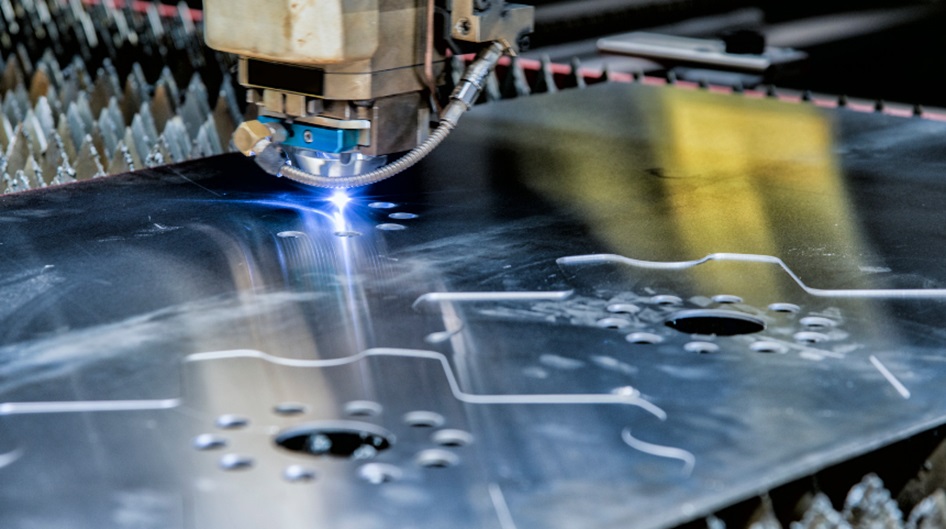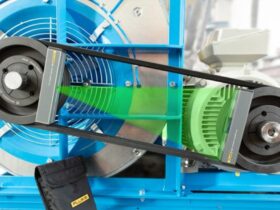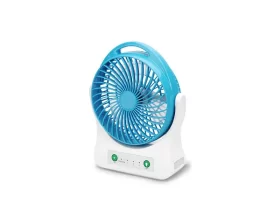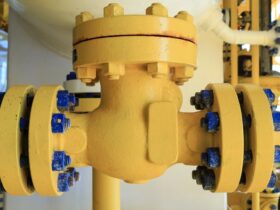In today’s industrial landscape, the need for effective air filtration systems in facilities utilizing laser technology is more crucial than ever. Implementing a reliable laser fume filter is essential to ensure a safe and clean working environment. These filters are designed to remove harmful particles and gases generated during laser processes such as marking, etching, and cutting.
Understanding the Role of Laser Fume Filters
Laser fume filters play a vital role in maintaining air quality by capturing and neutralizing hazardous fumes emitted during laser operations. These emissions often contain toxic substances that can pose significant health risks if inhaled. Therefore, choosing the right filter not only safeguards employee health but also helps in complying with environmental regulations.
Types of Laser Fume Filters
When selecting a laser fume filter, it’s important to understand the different types available. Some common options include:
- Activated Carbon Filters: These are effective in removing odors and gaseous emissions.
- HEPA Filters: Ideal for capturing fine particulates, ensuring that even the smallest particles are filtered out of the air.
- Pre-Filters: Used to capture larger particles before they reach the main filter, thereby extending the life of more expensive filters.
Each type serves a specific function, so it’s important to choose one that suits the specific laser process in your facility.
Installation Considerations
When installing a laser fume filter, several factors should be considered to ensure optimal performance:
- Location: The filter should be placed as close to the laser workstation as possible to maximize efficiency in capturing fumes.
- Space Requirements: Evaluate the available space to accommodate the filter system and ensure it allows for easy maintenance.
- Ventilation: Proper ventilation must be ensured to facilitate the efficient operation of the filter and prevent the buildup of harmful fumes.
The Importance of Regular Maintenance
Regular maintenance of laser fume filters is critical for their effective operation. Routine checks and timely replacement of filter elements are necessary to maintain air quality standards. Neglecting maintenance can lead to reduced efficiency and increased health risks.
Safety and Compliance
Ensuring that your facility is equipped with the correct laser fume filtration system is not just about health; it also involves adhering to safety regulations. Compliance with safety standards protects the business from legal challenges and ensures a secure environment for all employees. Understanding the importance of fume extractors in laser marking is crucial in maintaining compliance and ensuring a safe workspace.
Conclusion
Installing a laser fume filter in your facility is a critical step toward ensuring a safe and compliant workplace. By carefully selecting the appropriate type of filter, considering installation factors, and maintaining regular upkeep, businesses can protect their workers and maintain productivity. The integration of these systems reflects a commitment to safety and environmental responsibility.
Frequently Asked Questions
1. What are the primary benefits of using a laser fume filter?
The primary benefits include protecting employee health by capturing harmful emissions, improving indoor air quality, and ensuring compliance with safety regulations.
2. How often should laser fume filters be replaced?
The replacement frequency depends on the type of filter and the volume of usage. Generally, filters should be checked monthly and replaced according to the manufacturer’s recommendations to ensure effectiveness.
3. Can laser fume filters be customized for specific applications?
Yes, laser fume filters can often be customized to suit specific industrial applications, ensuring optimal performance in varying operational conditions. It’s advisable to consult with a specialist to determine the best solution for your facility.










